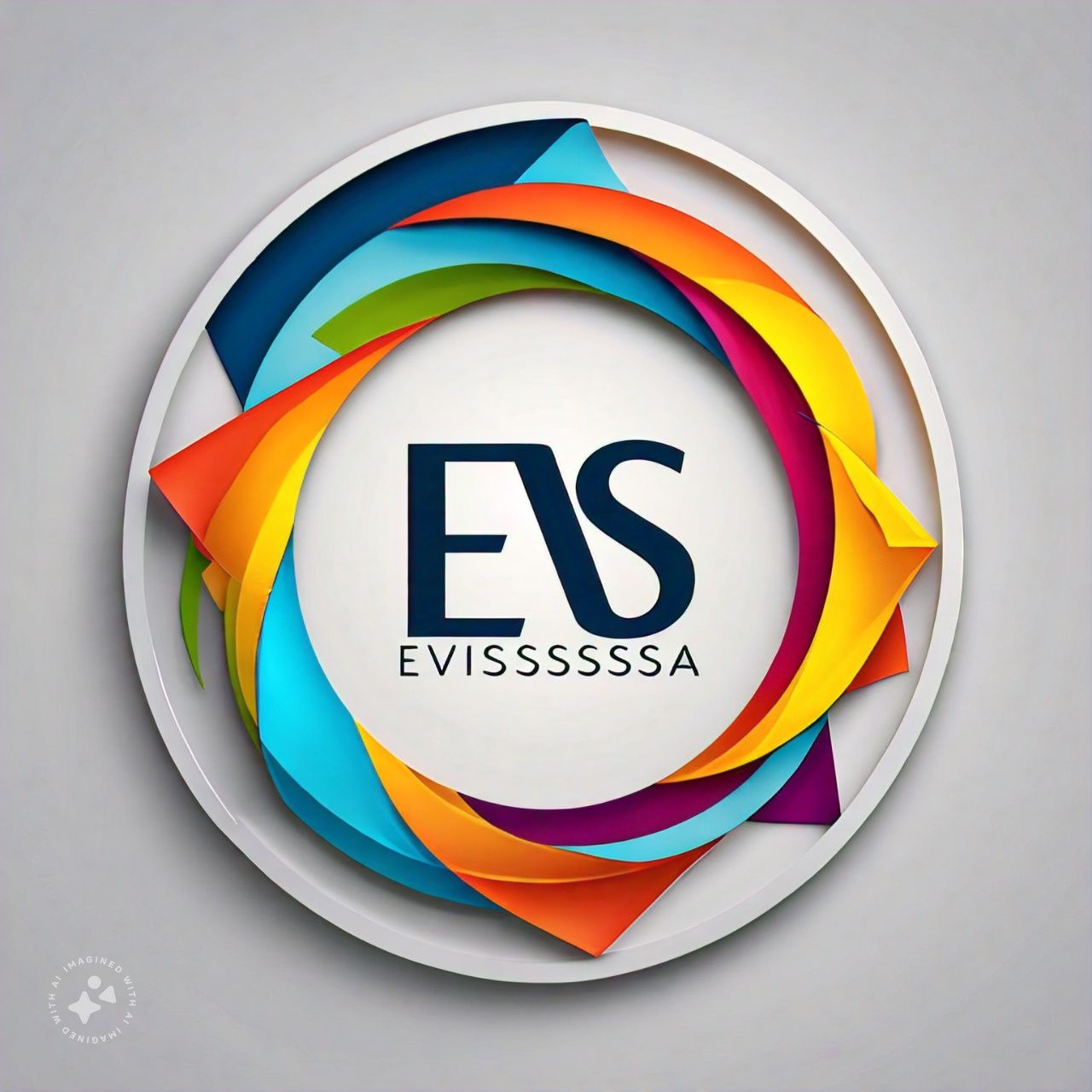
Specific Types of Visas
Visas are crucial documents for international travel, allowing individuals to enter, stay, and work in foreign countries legally. Depending on the purpose of the visit, various types of visas are available, each with its own set of requirements and conditions. Below, we will explore several specific visa types, explaining their purpose, eligibility criteria, and how they work.
1. Tourist Visa
The Tourist Visa is one of the most commonly issued types of visas, designed for individuals who wish to visit a foreign country for leisure, tourism, or to visit family and friends. This visa typically permits a short-term stay, often ranging from a few weeks to several months, depending on the country’s regulations.
- Purpose: Tourism, visiting family or friends, attending events or short educational courses.
- Requirements: Proof of financial stability, travel itinerary, health insurance, and sometimes a letter of invitation from a host.
- Duration: Usually between 30 to 90 days, but this can vary.
Tourist visas are generally non-extendable, and overstaying the visa can result in fines or deportation.
2. Student Visa
A Student Visa allows foreign nationals to study at recognized educational institutions within a country. It is specifically designed for individuals who have been accepted into a full-time academic program such as a college or university.
- Purpose: Studying at a university or other educational institution.
- Requirements: Enrollment in a recognized institution, proof of financial means to support oneself during the stay, language proficiency (depending on the country), and sometimes a medical check-up.
- Duration: Varies by the course or program of study, but typically it is valid for the length of the course.
Student visas may allow limited work rights, typically part-time, to help cover living expenses while studying.
3. Work Visa
Work visas are granted to foreign nationals who have a job offer from a company in the host country. This type of visa allows individuals to live and work legally within the country for a specified period.
- Purpose: To engage in employment with a specific employer.
- Requirements: A valid job offer, proof of qualifications, and sometimes an employer sponsorship. Some countries also require labor market testing to ensure that local workers are unavailable for the job.
- Duration: Varies, but most work visas are granted for one to three years with the possibility of extension.
Some countries offer different types of work visas based on the skill level of the applicant, with higher-level professionals receiving more benefits or easier access.
4. Business Visa
A Business Visa is issued to individuals who wish to visit a foreign country for business purposes, such as attending meetings, negotiating contracts, or exploring investment opportunities.
- Purpose: Business meetings, conferences, trade fairs, or conducting business negotiations.
- Requirements: Proof of the business purpose, such as an invitation letter from a company, financial proof, and sometimes a detailed itinerary.
- Duration: Typically valid for short-term visits ranging from a few days to several months.
Business visas are often issued for specific business-related activities and do not allow applicants to engage in employment or receive a salary from a local company.

5. Family or Spouse Visa
A Family or Spouse Visa allows individuals to join their spouse or family members who are already residing in a foreign country. These visas are designed to reunite families that are separated by national borders.
- Purpose: Reuniting with family members or a spouse.
- Requirements: Proof of relationship, such as marriage certificates, birth certificates for children, and financial proof that the sponsor can support the applicant.
- Duration: Often granted for a longer period and can lead to permanent residency or citizenship, depending on the country’s laws.
In many cases, these visas allow the holder to work and live with the sponsoring family member.
6. Transit Visa
A Transit Visa is a short-term visa that allows individuals to pass through a country while en route to another destination. This visa is essential when the traveler has a layover in a country and needs to remain there temporarily.
- Purpose: Transiting through a country to reach another destination.
- Requirements: Proof of onward travel, such as flight tickets, and sometimes proof of sufficient funds to cover the stay.
- Duration: Generally issued for a very short period, often 24 to 72 hours.
Transit visas are typically issued for brief stays and are not intended for extended visits or tourism.
7. Immigrant Visa
An Immigrant Visa is for individuals who intend to permanently reside in a foreign country. It is typically issued to individuals who are applying for permanent residency, often after obtaining sponsorship from a family member or employer.
- Purpose: To immigrate to the country permanently.
- Requirements: This varies greatly depending on the country but often includes proof of a valid family relationship, job offer, or investment in the country, along with medical and security clearances.
- Duration: This visa grants permanent residency or allows the applicant to apply for it upon arrival.
Immigrant visas often require a more rigorous application process and may lead to citizenship in the long term.
Conclusion
Visas are essential for facilitating international travel, and understanding the specific visa types and their purposes is crucial for individuals planning to travel, study, or work abroad. Each type of visa has different requirements and conditions, and it is important for applicants to thoroughly research the specific visa category they need and comply with all requirements to avoid complications. Whether traveling for leisure, studying abroad, or working in another country, knowing the right visa type ensures a smoother experience navigating the complexities of immigration laws.

